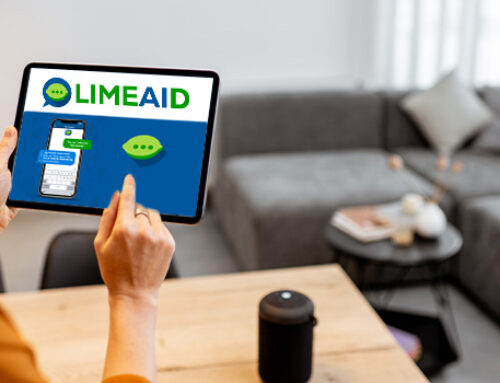A knowledgeable homeowner is a helpful homeowner. If you’re new to an HOA community, then you may not know what to expect when it comes to meetings held by the board. In this guide, we’ll cover what to expect when attending your first HOA meeting as a homeowner.
In-Person Meetings vs. Online
The experience of an HOA meeting can vary depending on the venue that the community utilizes to hold the meeting.
If the meeting you’re attending is on an online platform, like Zoom or Teams, then you can attend the meeting from the comfort of your own home.
For online meetings, you should receive a meeting link and/or password that’s needed to enter the meeting. Although you don’t need to travel to attend the meeting, still plan on checking into the meeting early, as the board or community manager may need to sign you into the meeting manually.
Once the meeting has started, you’ll need to keep your microphone muted to help eliminate any distractions during the meeting and save any questions until the board calls for the homeowner Q&A section of the meeting.
If the meeting you are attending is in person, then you’ll need to travel to the designated physical location where the meeting will take place. In-person meetings can take place within the community, at a member’s home or a shared community space, or outside of the community, at a library, school, or coffee shop.
For in-person meetings, it’s best to show up to the meeting early enough to find the location of the meeting and secure both a parking spot and a seat. Similar to online meetings, it’s best to save any questions you may have until the homeowner Q&A portion of the meeting.
Meeting Agenda
Most HOA meetings will follow a set schedule of items to be discussed. To know what items will come up during the meeting, or to know when certain sections of the meeting will take place, you’ll want to refer to the meeting’s agenda.
If your HOA utilizes a meeting agenda, then it may be sent to you ahead of the meeting via email, along with the notice of the meeting, or you may receive an agenda once you arrive.
In the following sections, we will cover the various items you may see listed on your meeting’s agenda and what each item means.
- Call to Order – When the board calls the meeting to order. The board will use this section to list when the meeting was called to order in the meeting minutes and to note whether or not quorum has been met (i.e., the minimum number of voting members who must be present at the meeting in order to conduct association business).
- New Business – When the board introduces any new topics that are to be discussed.
- Old Business – When the board revisits any topic that was discussed in a previous meeting.
- Homeowner Q&A – When the board opens the floor to the homeowners. During this time, you’ll be able to ask any questions or voice any concerns.
- Executive Session – In some meetings, the board will need to discuss items that may be private or sensitive in nature. When this happens, the board will adjourn to an executive session, or closed session, which is a private meeting of the board, meaning that members of the association aren’t allowed to attend unless it’s a matter involving a particular member.
- Adjournment – When the board calls the meeting to an end. The board will typically use this section to take note of when the meeting ended in the meeting minutes.
How to Prepare
Now that you know what to expect when attending your first HOA meeting, you may be wondering if there’s any way that you’ll need to prepare ahead of time. Below, we list the best practices to follow prior to, during, and after your first HOA meeting.
Prior your first meeting:
Sign up for email communications so you can receive notifications and reminders for when board meetings will take place. Signing up for your community’s email list is a great way to not only be notified of meetings but to also be notified of any important community information or events.
Take the time to mingle! Whether the meeting is online or in person, arrive early to allow some time to meet your fellow community members.
During your first meeting:
Don’t be afraid to ask questions—at the appropriate time. When attending your first HOA meeting, don’t hesitate to ask any lingering questions you may have regarding your community. When asking questions, be sure to save them for the meeting’s designated homeowner Q&A session, even if the topic you have a question over has already been discussed.
Also, be sure to pay attention and be ready to take notes during the meeting. Important information may be delivered throughout the course of the meeting, so it’s good to be ready to jot down any notes, if needed.
After your first meeting:
Participate! As a homeowner, you can truly make a positive impact in your community. By participating in community votes and regularly attending HOA meetings and events, you can stay up to date on community business and make important decisions, when necessary.
Finally, one of the best ways to make a positive impact in your community is by serving your community. Whether you feel drawn to join your association’s board of directors or one of the community’s committees, you’ll find there are many opportunities for you to give your time to bettering your neighborhood.
If serving on an HOA board is something that interests you, check out this article on the Benefits of Serving on an HOA Board.







